What makes a great youth coach? Part 1.
What makes a great youth coach?
- Patience.
- Depth of knowledge.
- Loving what you do.
- Having fun.
- Bringing out the best in your student athletes.
Meet the great youth coaches.
We had the opportunity to meet with five amazing youth coaches and discuss what makes a great youth coach.
- Hall of Fame Olympic Fencing Coach, Ro Sobalvarro
- Former MN State Open Chess Champion and National Master, Nathan Hoover
- Former State Track and Field Champion, Kamau Wilkins
- Our senior fencing coach with thousands of students to his teaching credit, Coach Bruce Eyton.
Question 1: What makes a great coach?
Coach Sobalvarro mentioned that he recently had a meeting with other coaches and this topic came up. The answers were quite varied and the discussion far reaching. However, they honed in on a few elements that everyone agreed upon:
- Patience – Understanding that although the coach sees where growth needs to happen, it takes time for the athlete to develop. Being nurturing during that time of growth is vital.
- Depth of knowledge – Coaches need to have enough knowledge of their sport and enough technical ability to model the technique so the athlete can easily understand and incorporate the technique.
- Kid Skills – A Division 1 coach has a set of skills that is meant for adults. A youth coach needs to enjoy working with kids. And it changes with each level. A grade school coach is typically different from a teen coach and a high school coach, etc.
- Communication – The ability to understand the student’s needs. To hear what they are saying.
Coach Bruce Eyton added that he feels it is vital to love what you are doing. If the coach enjoys the engagement with kiddos and the sport that he is teaching, the kiddo athletes are going to glean that love and enjoy the experience even more.
NM Coach Nathan Hoover added that humor goes a long way in his classes. It keeps the kids attentive and it also lets them know that you understand them.
Question 2: Name a coach who inspired you as an athlete or inspires you now?
Coach Sobalvarro mentioned the great fencing coach Professor Zbigniew Czajkowski. Professor Czajkowski was instrumental in bringing scientific methodology to teaching fencing. Ro recalls a time when we ran into Coach Czajkowski at a World Cup event and Coach Czajkowski sat down next to Ro and picked the conversation from the place where they had last left off months earlier.
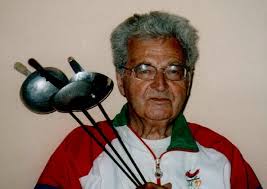
Zbigniew Czajkowski
Later a separate coach approached Ro and asked if Ro had studied with Professor Czajkowski. Ro responded, “Yes”. Then the other coach pointed to multiple other coaches saying, “And so did he. And so did he. And so did he.” The legacy that Professor Czajkowski cemented in the world of fencing is phenomenal.
Coach Kamau Wilkins mentioned his high school football coach (Joe Labuda) and his high school track coach (Dale Dahlke).
Kamau said Coach Labuda: • focused on team building; • worked to get the most out of every athlete…even if the athlete didn’t know he had more to give; • built a successful state championship caliber football team.
Of Coach Dale Dahlke, Coach Kamau said: • He was a strategist; • he incorporated kinesiology…essentially bring new scientific methods to Kamau’s track and field performance.
National Master, Nathan Hoover had a different take. Nathan grew up in Belle Plaine, MN where there were very few chess players. He didn’t start playing chess competitively until he was 15 years old. He quickly became the best chess player in his school and town. He then started reading books about chess and was largely self-taught. An extraordinary story for a player who went on to be a state champion and still qualifies as a top six player in Minnesota.
NM Nathan Hoover discusses his mentor, GM Eduard Zelkind
Nathan said the coach who inspires him is Coach Eduard Zelkind. Coach Zelkind is chess royalty in Minnesota. A multi state champion who has coached dozens of students and schools to the highest levels in Minnesota and the world. He is most noted for coaching Boris Gelfand who went on to play for the World Championship.
Question 3: Why is it important to have a good coach?
Coach Sobalvarro states: “I think it’s important for the kids to enjoy it. It’s not the medals, those are great, but it’s the legacy. Kids come back and reflect on the good times they had in fencing classes and the friendships they developed. It makes a difference throughout the sport.”
Coach Bruce Eyton: “The opportunity to be a positive influence with a child is really important. Bringing out the best in every child.”
Coach Kamau Wilkins: “Effort is a battle between you and yourself. It can apply in grade school studies, college studies and throughout ones professional life. We all have that voice that tells us, ‘I don’t have to try harder.’ or ‘I don’t have to run faster.'” But a coach can have a vision for a student-athlete and expect more.
Kamau went on to say, “Coaching and mentorship are so closely linked. They create life-long lessons for being an adult, for being a husband, for being a wife, for being a parent.”
Coach Kamau: “Effort is the battle between you and yourself.”
{YEL!} Coaches
We are so blessed at {YEL!} to have these caring, dedicated coaches working with our youth. They truly want the best for their students, not just from a winning and losing perspective, but from a personal growth perspective. These coaches have been instrumental in building Chess and Fencing programs throughout the state of Minnesota, and now Iowa, Wisconsin and even Northern Colorado.
What’s next?
This is the first part in a three part series about What makes a great youth coach?. The next installment will discuss methodology, being organized, and final thoughts from these coaches. The final installment will discuss the parent’s perspective.



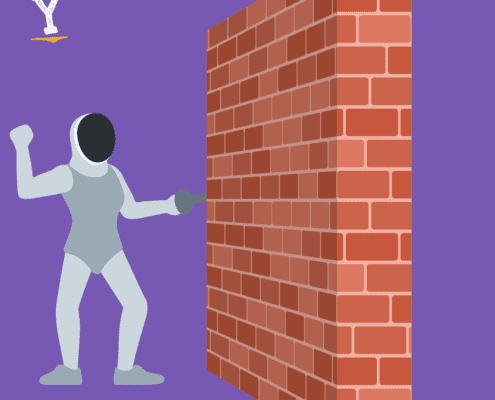 ©2024 YEL
©2024 YEL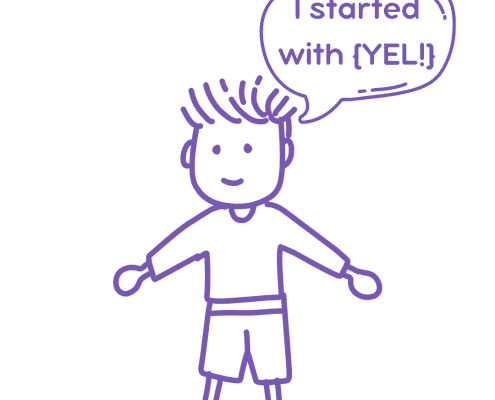
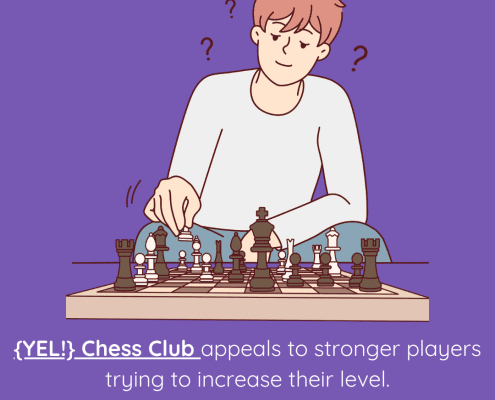 ©YEL 2024
©YEL 2024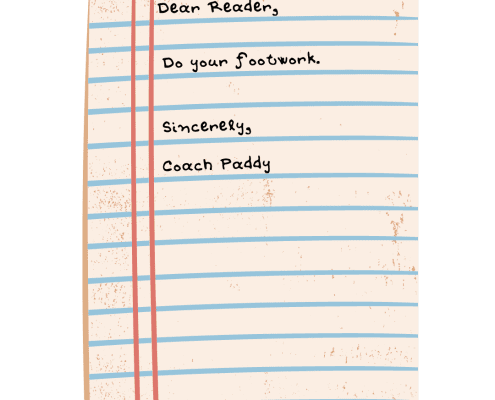
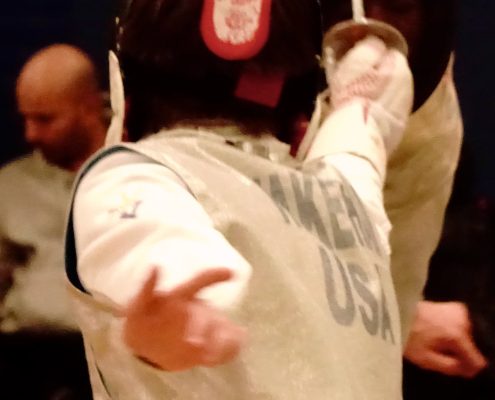 ©2024 YEL
©2024 YEL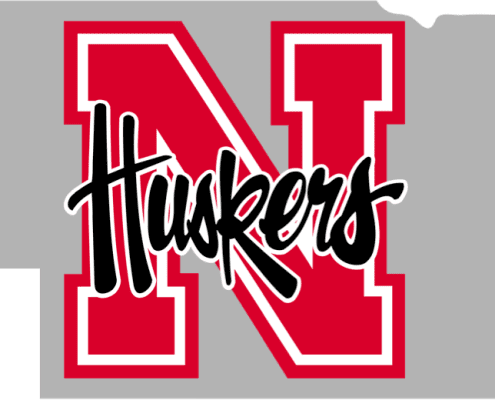

 2019 {YEL!}
2019 {YEL!}